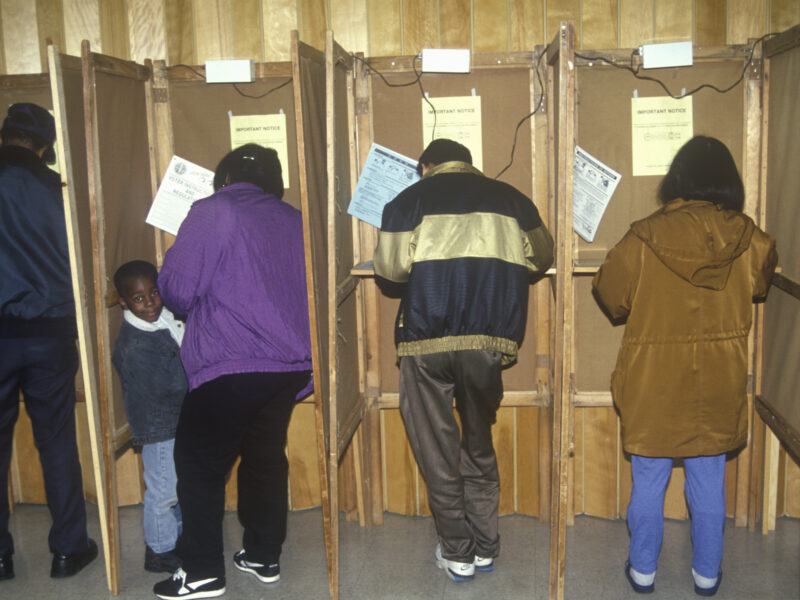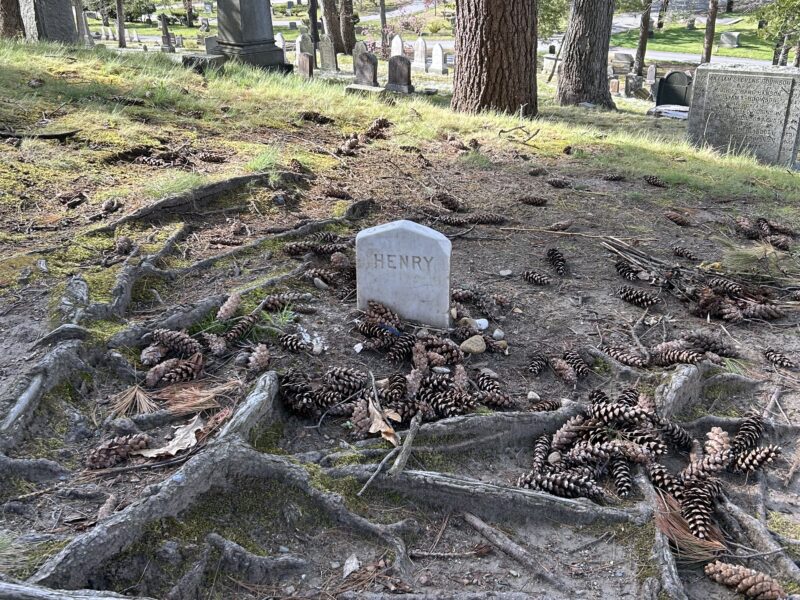While following our nation’s 50-year anniversary celebration of Dr. Martin Luther King’s “I Have a Dream” speech and The March on Washington, I was struck by U. S. Senator (from Maine!) Angus King’s observation of the occasion as a tribute to a “radical idea … new to the world in 1776, tested in 1865, renewed in 1963 and an idea still new and radical today: All men and women are created equal.”
I see it the same way. Here’s something I wrote in 1992:
Consider the American experiment in democracy as embodied in a thread that runs through the words of Thomas Jefferson, Abraham Lincoln and Martin Luther King. In the Preamble to the Declaration of Independence, Jefferson wrote: “We hold these truths to be self‑evident that all men are created equal.” Then, in 1863, Lincoln stood on a Pennsylvania battlefield in the aftermath of a two-day bloodbath of Americans killing each other to the tune of 40,000+ casualties. (Note: A more recent study has even placed the estimate as high as 50,000.) He used that somber occasion to remind us that our nation was “conceived in liberty, and dedicated to the proposition that all men are created equal.” King brought it full circle 100 years later in a most symbolic fashion when he stood on the steps of Lincoln’s very monument and repeated Jefferson’s very words with particular emphasis on the word all. All three spoke of a sacred belief in a common cultural destiny. Two of them died for it. “It is for us the living” to continue to test whether “any nation so conceived and so dedicated can long endure.”
Only history knows if any words offered this week will be noted at the 100th anniversary, but it will appropriately reflect some proof of progress in the racial origins of the current resident of 1600 Pennsylvania Avenue. I think our president gets it right here: “On the battlefield of justice, men and women without rank, or wealth, or title, or fame would liberate us all, in ways that our children now take for granted. To dismiss the magnitude of this progress, to suggest as some sometimes do that little has changed, that dishonors the courage and the sacrifice of those who paid the price to march in those years.”
Onward, Malcolm Gauld


